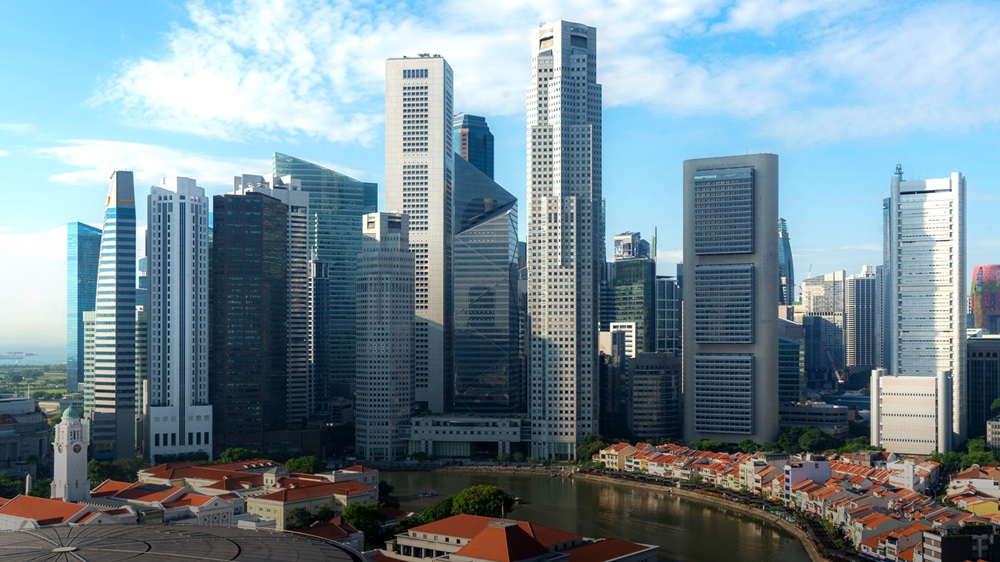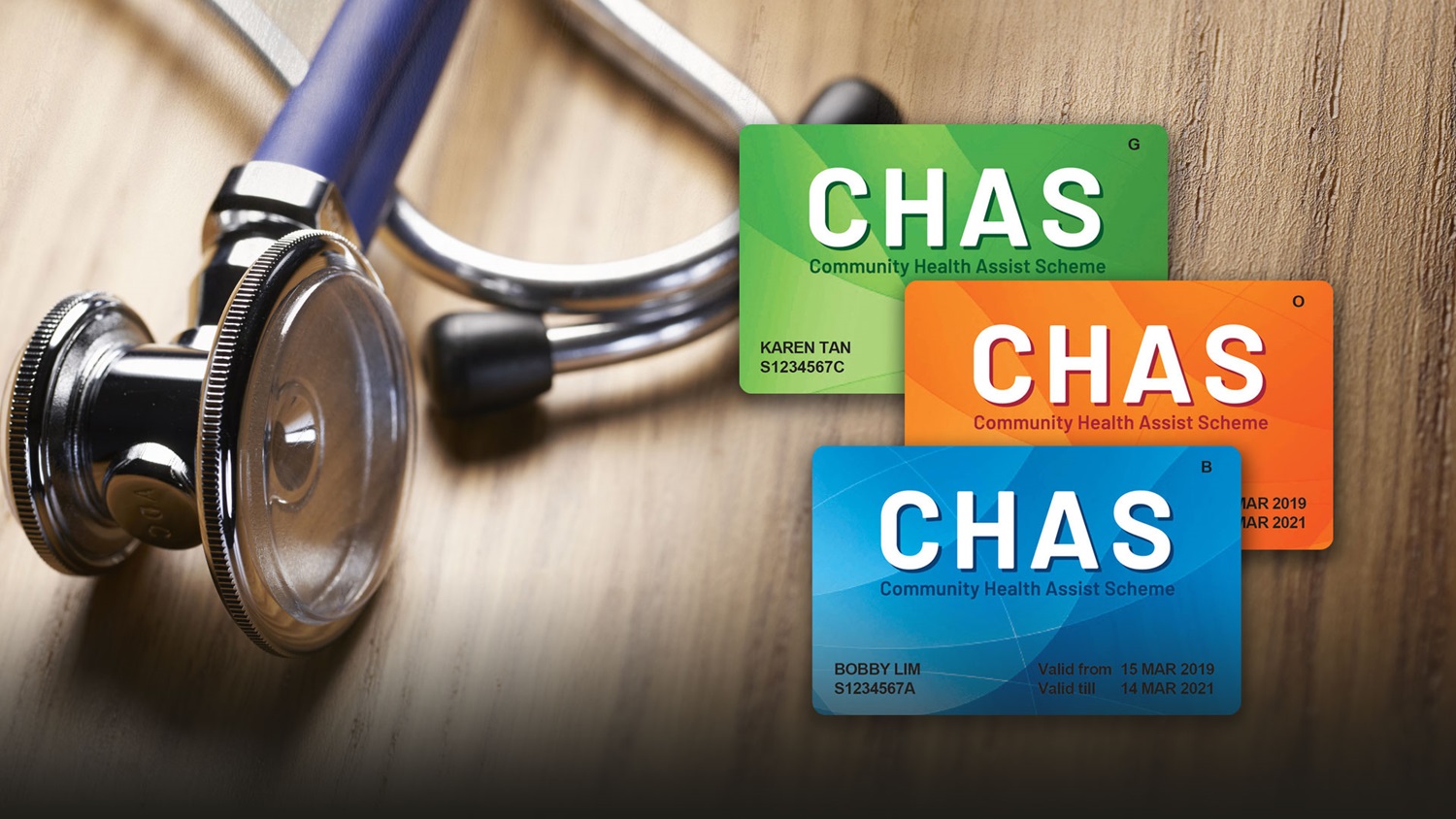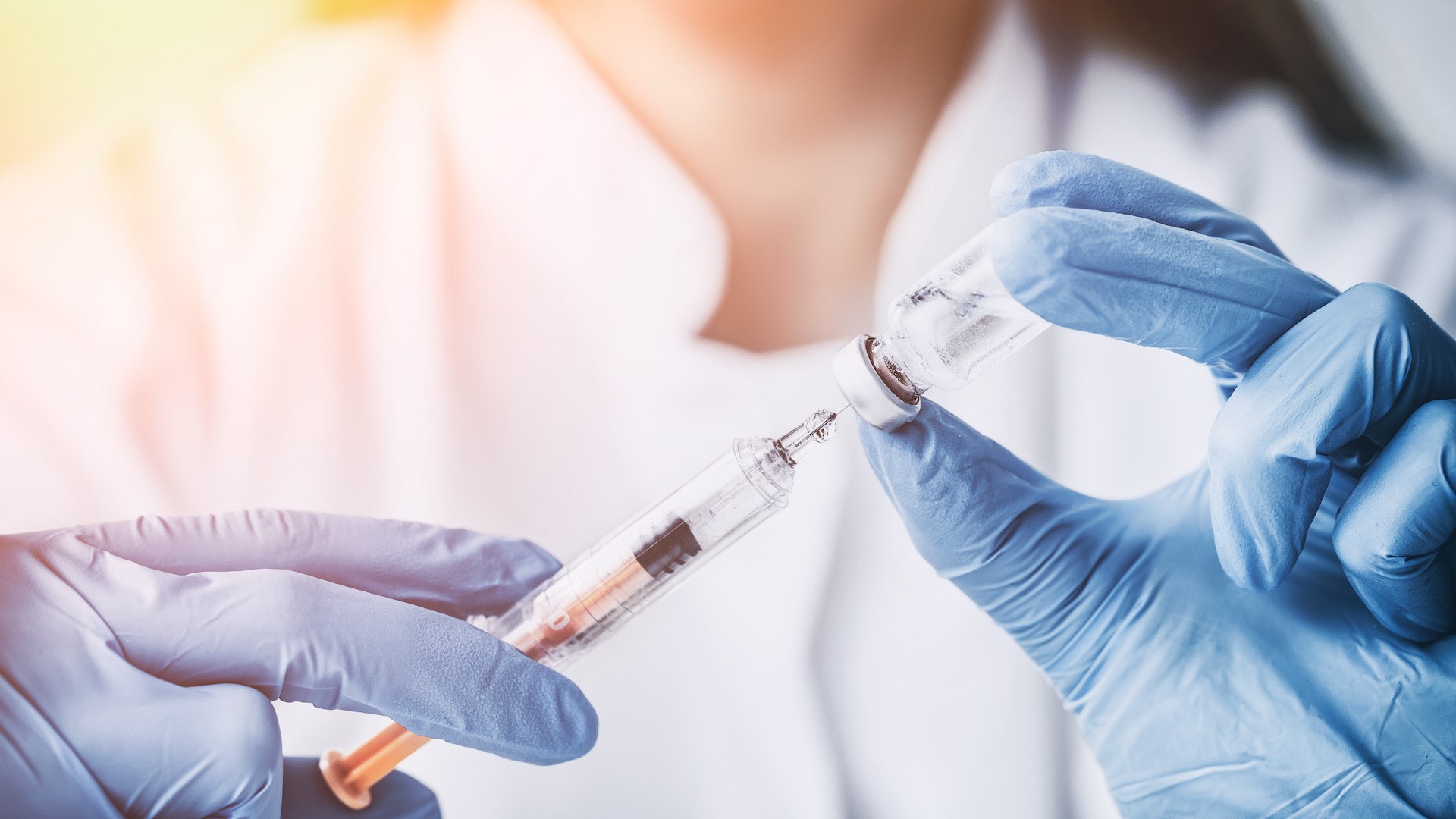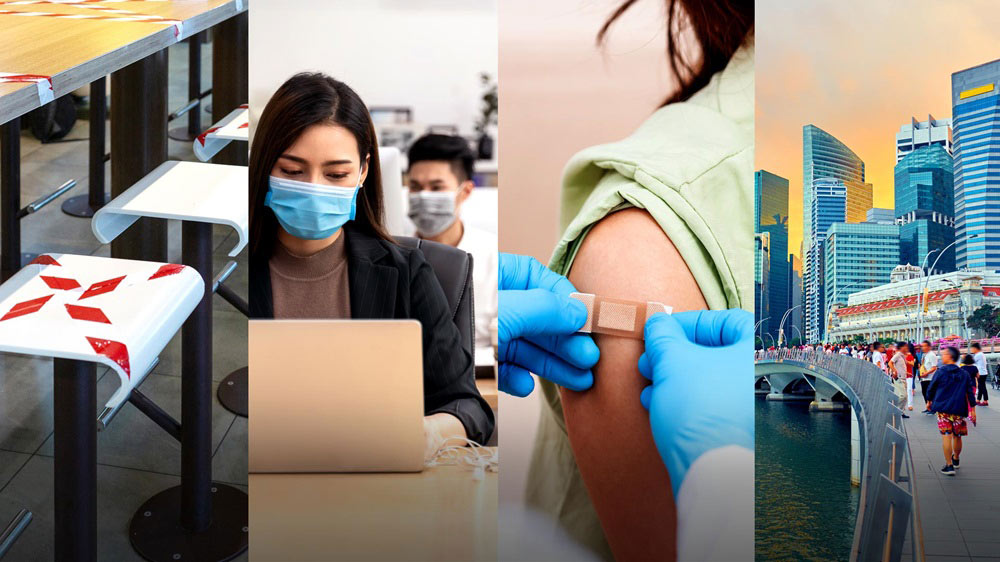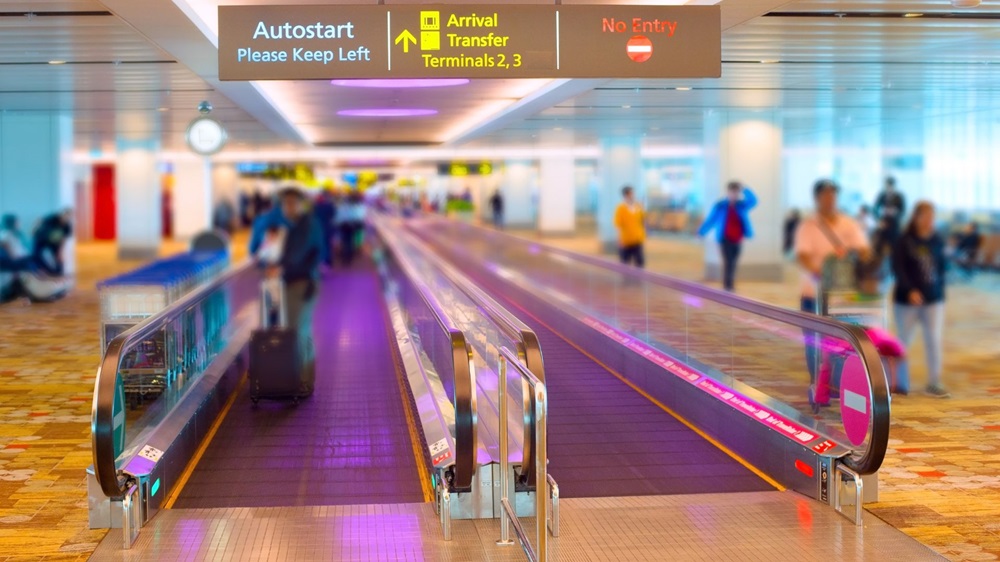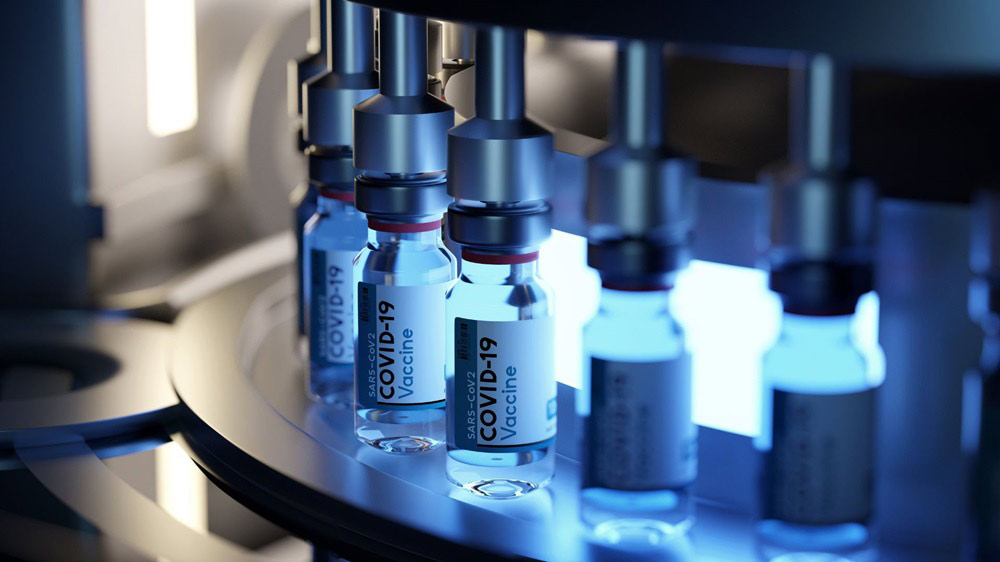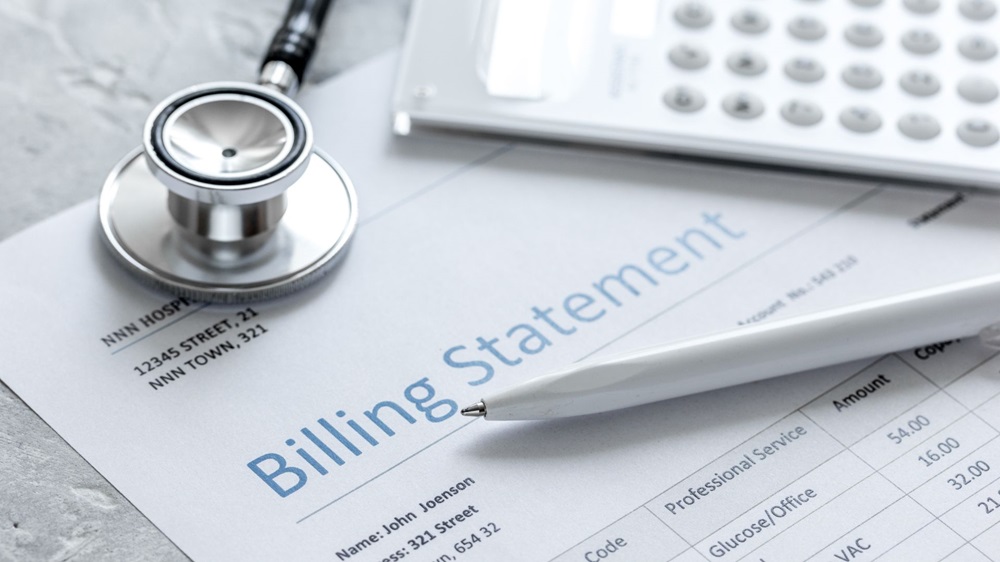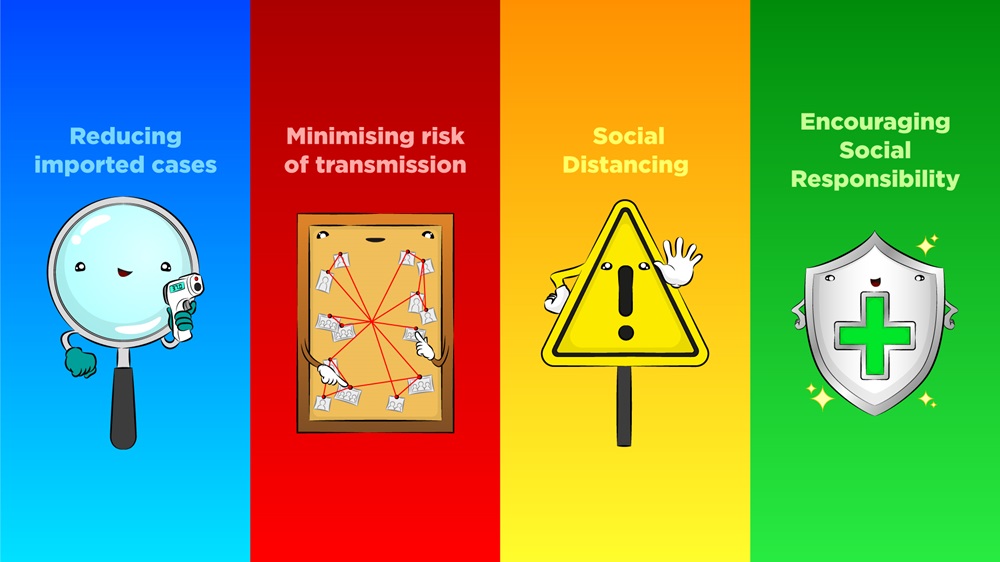
Singapore’s strategy to guard against and slow the spread of COVID-19 is best described as ‘multiple lines of defence’. These measures come into play at various stages, from detecting cases before or during entry to Singapore, containing suspect cases, social distancing to encouraging everyone to be responsible in the fight against COVID-19.
Reducing imported cases
To reduce the likelihood of COVID-19 cases coming into Singapore, travel restrictions have been placed on heavily affected regions, and screenings will be done at all checkpoints.
- All inbound flights from Wuhan, China, have ceased since 23 Jan 2020. Certain flights from China and Singapore have also been suspend and/or cancelled.
- Travel restrictions have also been placed on travel to and from Mainland China, ASEAN countries, Republic of Korea, Japan, United Kingdom, Switzerland, Italy, France, Spain, Germany and Iran.
- Temperature and health screenings at all land, sea and air checkpoints.
Minimising risk of transmission
With the shift to DORSCON Orange in early Feb, Singapore put in more precautionary measures to minimise the risk of further transmission.
- Contact tracing for all confirmed cases. This established procedure is conducted to identify close contacts of all confirmed cases. Close contacts are issued with a quarantine order and their health status is closely monitored for 14 days from their last exposure to the patient. As of 11 March, MOH has identified over 4,200 close contracts and quarantined them. Over 3,200 have completed their quarantine.
- All recent travellers to Hubei have been quarantined, as have close contacts of confirmed cases. Those on quarantine are expected to stay in their designated location at all times.
- Public Health Preparedness Clinics (PHPCs) have been progressively activated to care for patients with respiratory symptoms. These clinics, along with polyclinics, provide investigation and subsidised treatment subsidies for those with respiratory symtpoms. There are over 900 PHPCs to date.
Social distancing
To keep our community safe, individuals that may be at risk of carrying COVID-19 are told to avoid public places. Precautions have also been taken to reduce close contact for large-scale events, public venues, workplaces, schoolsand eldercare facilities. Many locally transmitted cases were caused by individuals attending social activities though unwell. Social responsibility is critical to minmise the spread of the virus.
- Stay Home Notices (SHNs) are issued to all returning Singapore Citizens, PRs and long-term via holders from mainland China (outside of Hubei), Iran, northern Italy or the Republic of Korea Under this notice, they have to remain in their place of residence at all times for 14 days.
- Medical certificates of up to 5 days are granted to patients with respiratory symptoms. If they do not recover within 5 days, they will be referred for further medical assessment and tests.
- Advisories to cancel or defer non-essential large-scale events have to issued to event organisers. If they choose to proceed, they are to take precautions like temperature screening, denying entry to unwell individuals and ensuring event spaces are well-ventilated.
- All ticketed cultural, sports and entertainment events, with 250 participants or more, are to be deferred or cancelled.For events that have already been committed (eg. tickets sold), organisers must put in place ample precautionary measures before proceeding.
- Mass gatherings including private functions and religious services, are to reduce the scale of events to below 250 participants where possible, reduce crowding of participants and improve ventilation, conduct temperature and health screening and take measures to facilitate contact tracing.
- Public venue (eg. restaurants, cinemas, gyms, etc) owners and tenants are advised to take measures to reduce close contact by customers where possible, such as limiting the number of visitors at any one time and increase spacing among visitors.
- Employers have been advised to take measures to reduce close contact where feasible, eg. tele-commuting, video-conferencing, and staggering work hours. Seating in meeting rooms and work stations could also be spaced apart. These measures are accompanied by regular temperature-taking for employees and enhanced business continuity plans, including split team arrangements or allowing employees to work from home.
- Schools will suspend inter-school and external activities till the end of the March school holidays. All schools and teacher will continue to implement enhanced measures, eg. classroom-based assemblies, small group co-curricular activities. Pre-schools will also limit the number of visitors.
- Eldercare facilities have suspended large-scale gatherings involving seniors and external participants, as well as excursions. Facilities screen staff, clients, volunteers and visitors for temperature, respiratory symptoms and travel and contact history. Facilities will also limit the number of visitors.
- All senior-centric activities by government agencies have been suspended for 14 days, till 24 Mar 2020.
Encouraging social responsibility
In order to keep COVID-19 at bay, all Singaporeans need to play their part to protect themselves and their loved ones by taking all necessary precautions, and exercising individual and collective responsibility. The SG Clean initiative will encourage all to come together to raise hygiene standards to help curb the spread of the virus.
- All should practice good personal hygiene – this is the most effective method to prevent transmission. Wash your hands regularly, avoid touching your face. Keep your enviroment and personal workspaces clean.
- Keep an eye on your health and take your temperature twice daily. Stay home if you are unwell.
- Avoid spreading unverified information or false news, which can cause alarm or panic.
We use cookies to tailor your browsing experience. By continuing to use Gov.sg, you accept our use of cookies. To decline cookies at any time, you may adjust your browser settings. Find out more about your cookie preferences here .









